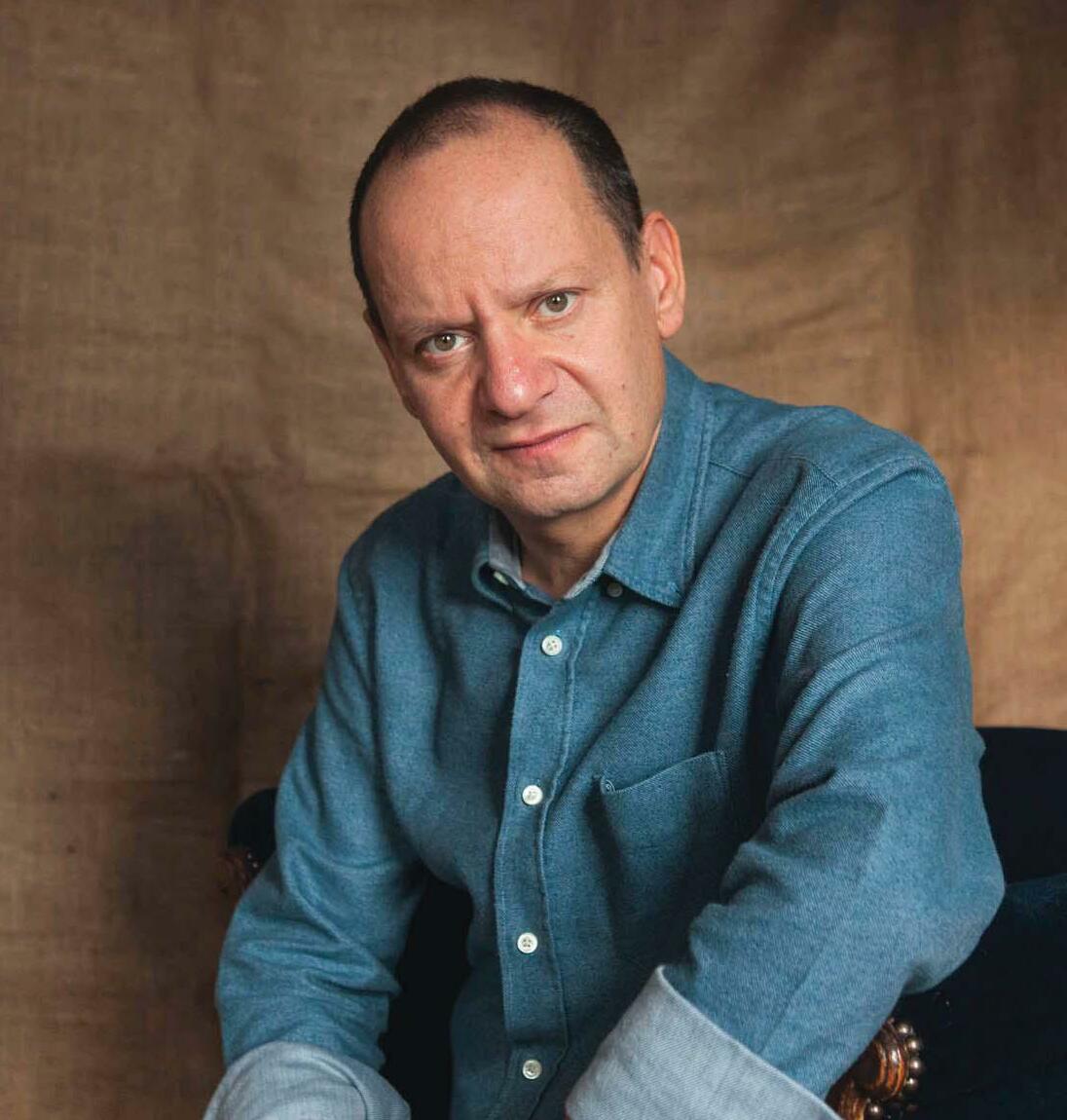試す 金 - 無料
"She said: 'If you represent Pinochet in this case, I will divorce you""
BBC History UK
|May 2025
PHILIPPE SANDS tells Rob Attar about his involvement in the sensational trial of the Chilean dictator, and how it connects to a Nazi on the run
-

Rob Attar: In 1998, the former dictator of Chile, Augusto Pinochet, was arrested in London. How seismic a moment was this?
Philippe Sands: I remember the moment of learning of Pinochet's arrest. It was a Saturday afternoon. It happened to be my birthday, and I was settling down to watch the football results at five o'clock when the news came on and they announced that Augusto Pinochet had been arrested for murder and crimes against humanity. It was huge. It was the first time that a former head of state, while travelling abroad, had been arrested on international crimes.
Someone not familiar with the story might wonder why this was happening in London, not Santiago. What can you tell us about the geography of these events?
By way of background, in September 1973 Augusto Pinochet, head of the Chilean military, seized power in a coup d'etat and remained there for 17 years. Over that period, hundreds of thousands were arrested, tens of thousands were tortured and 'disappeared', and many remain so to this day. There are about 1,300 people unaccounted for.
This had attracted considerable interest around the world, because these are actions that would be characterised as international crimes within the meaning of the 1945 Nuremberg trials and definitions. And that is coupled with a principle known as universal jurisdiction, where when certain crimes take place, the courts of any country in the world may exercise jurisdiction. In October 1998 a Spanish judge named Baltasar Garzón decided to issue an arrest warrant for Senator Pinochet, while he was in London receiving medical treatment, for international crimes. That was the start of this part of the story.
The connection with Spain is interesting because Pinochet's relationship with the west was quite complex. He had a lot of friends in western countries, particularly America and Britain, for example.
このストーリーは、BBC History UK の May 2025 版からのものです。
Magzter GOLD を購読すると、厳選された何千ものプレミアム記事や、10,000 以上の雑誌や新聞にアクセスできます。
すでに購読者ですか? サインイン
BBC History UK からのその他のストーリー

BBC History UK
Hymn to life
Scripted by Alan Bennett and directed by Nicholas Hytner - a collaboration that produced The Madness of King George and The History Boys – The Choral is set in 1916.
1 min
December 2025

BBC History UK
Helen Keller
It was when I was eight or nine years old, growing up in Canada, and I borrowed a book about her from my local library.
2 mins
December 2025

BBC History UK
Spain's miracle
The nation's transition from dictatorship to democracy in the late 1970s surely counts as one of modern Europe's most remarkable stories. On the 50th anniversary of General Franco's death, Paul Preston explores how pluralism arose from the ashes of tyranny
8 mins
December 2025

BBC History UK
Just how many Bayeux Tapestries were there?
As a new theory, put forward by Professor John Blair, questions whether the embroidery was unique, David Musgrove asks historians whether there could have been more than one 'Bayeux Tapestry'
7 mins
December 2025

BBC History UK
In service of a dictator
HARRIET ALDRICH admires a thoughtful exploration of why ordinary Ugandans helped keep a monstrous leader in power despite his regime's horrific violence
2 mins
December 2025

BBC History UK
The Book of Kells is a masterwork of medieval calligraphy and painting
THE BOOK OF KELLS, ONE OF THE GREATEST pieces of medieval art, is today displayed in the library of Trinity College Dublin.
3 mins
December 2025

BBC History UK
Passing interest
In his new book, Roger Luckhurst sets about the monumental task of chronicling the evolution of burial practices. In doing so, he does a wonderful job of exploring millennia of deathly debate, including the cultural meanings behind particular approaches.
1 mins
December 2025

BBC History UK
Is the advance of AI good or bad for history?
As artificial intelligence penetrates almost every aspect of our lives, six historians debate whether the opportunities it offers to the discipline outweigh the threats
8 mins
December 2025

BBC History UK
Beyond the mirage
All serious scholarship on ancient Sparta has to be conducted within the penumbra of the 'mirage Spartiate', a French term coined in 1933 to describe the problem posed by idealised accounts of Sparta.
1 mins
December 2025

BBC History UK
He came, he saw... he crucified pirates
Ancient accounts of Julius Caesar's early life depict an all-action hero who outwitted tyrants and terrorised bandits. But can they be trusted? David S Potter investigates
10 mins
December 2025
Listen
Translate
Change font size

